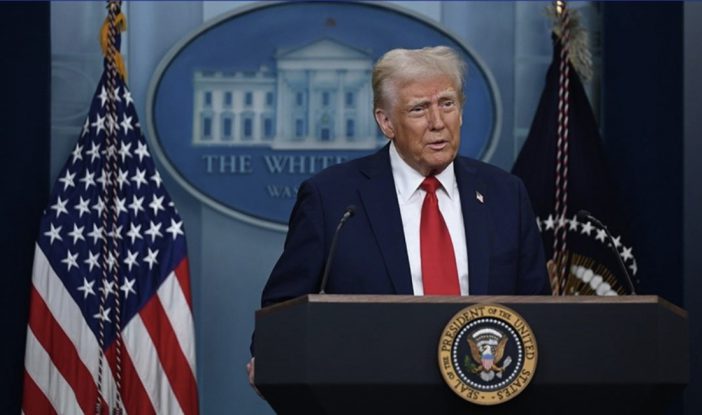Order includes African, Middle Eastern, Caribbean and Asian nations; new visa applications blocked starting Monday
President Donald Trump’s newly signed travel restrictions officially took effect on Monday, impacting citizens from 12 countries, primarily in Africa and the Middle East, along with others in the Caribbean and Asia.
The proclamation, signed last Wednesday, applies to citizens of Afghanistan, Myanmar, Chad, the Republic of Congo, Equatorial Guinea, Eritrea, Haiti, Iran, Libya, Somalia, Sudan, and Yemen. Heightened restrictions also extend to individuals from Burundi, Cuba, Laos, Sierra Leone, Togo, Turkmenistan, and Venezuela who are outside the United States and do not hold valid visas.
While the order does not revoke previously issued visas, new applications from the affected countries will be denied unless the applicant qualifies for a narrow exemption. Visa holders from these nations may still enter the US under existing documentation.
President Trump stated that the measure addresses terrorism, public safety threats, and concerns over visa overstays. He cited deficiencies in security vetting and cooperation from some of the listed countries. His remarks referenced data from Homeland Security regarding visa overstays and recent security incidents.
The order has drawn criticism from aid and refugee support groups, as well as from the Venezuelan government, which denounced the move as discriminatory.





